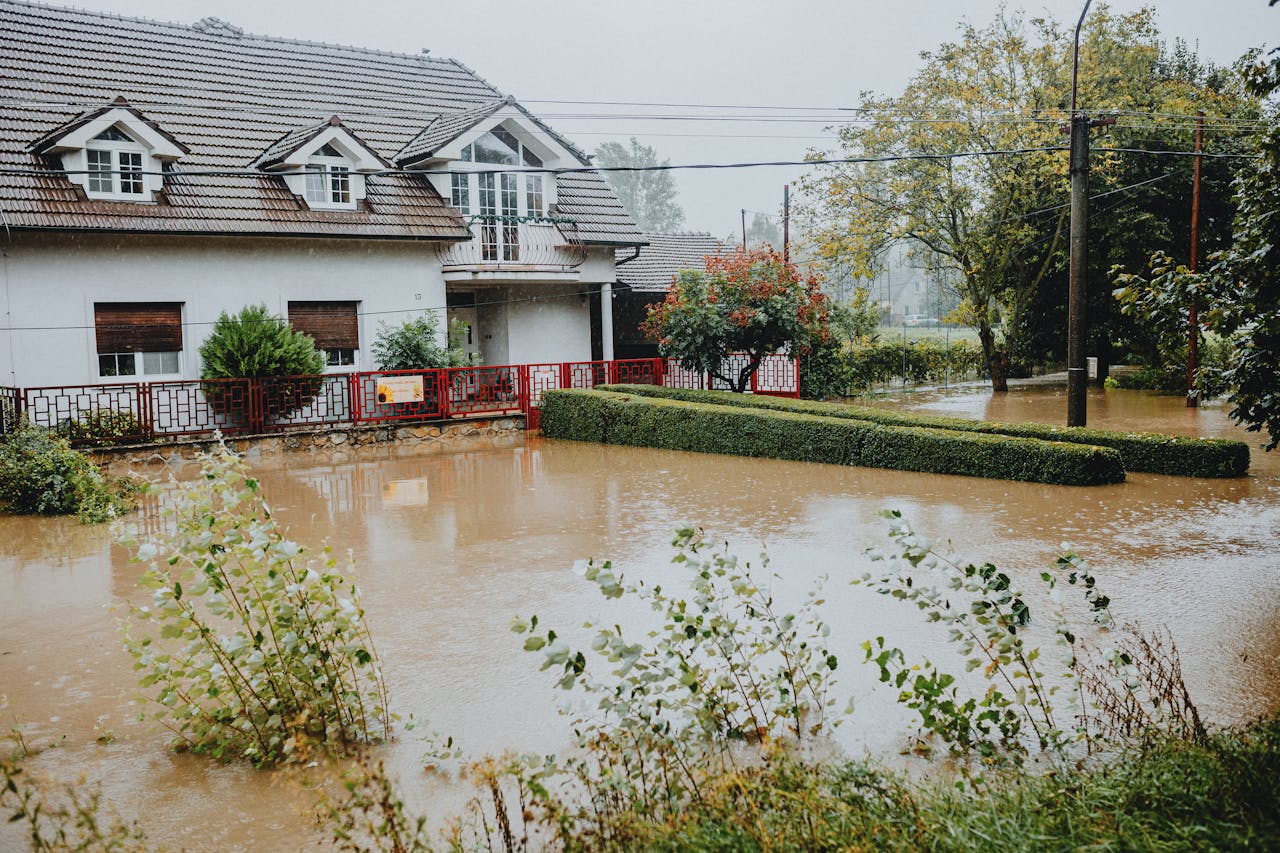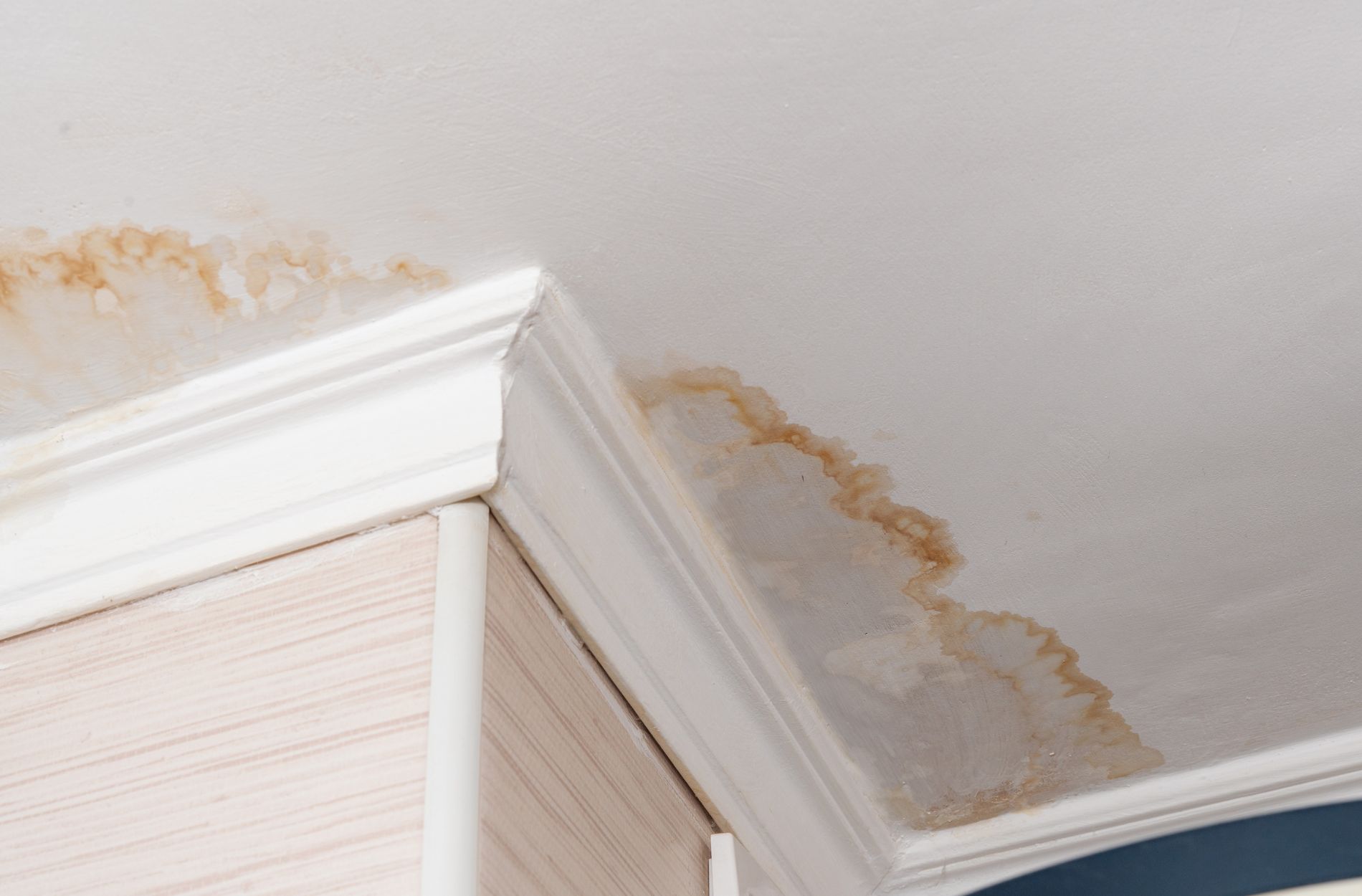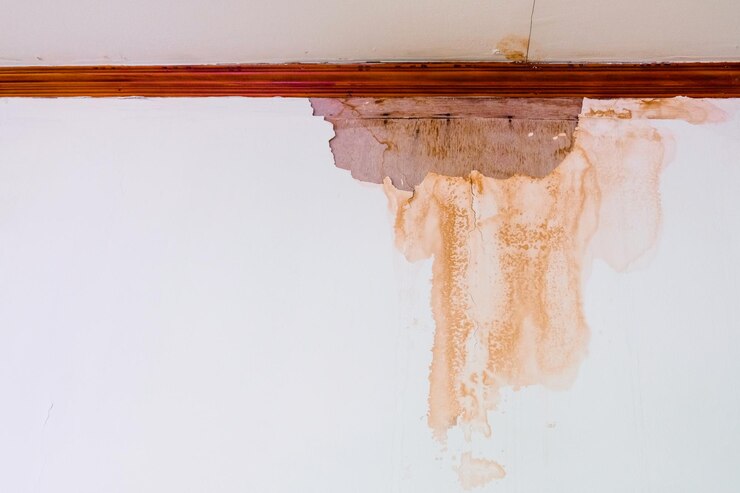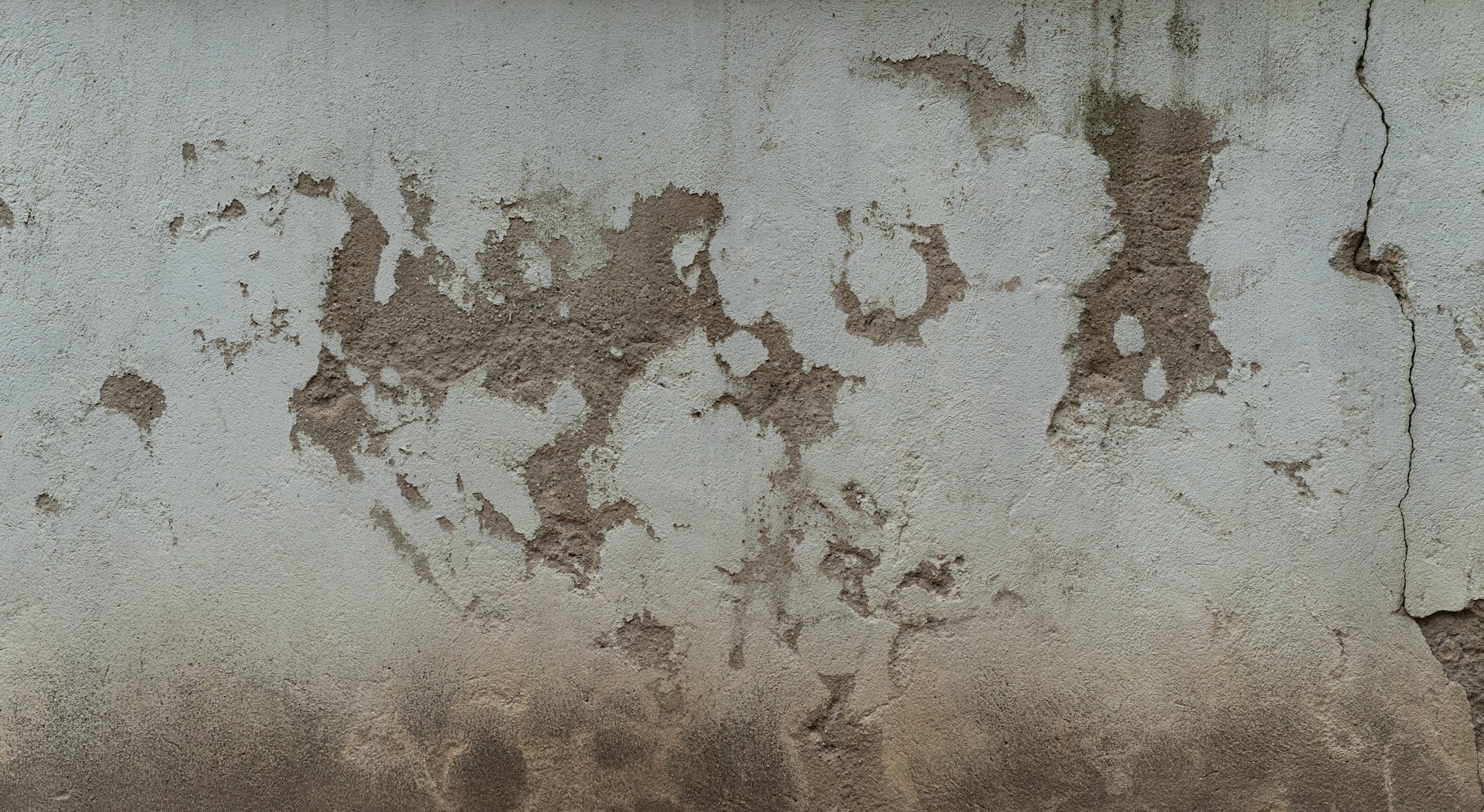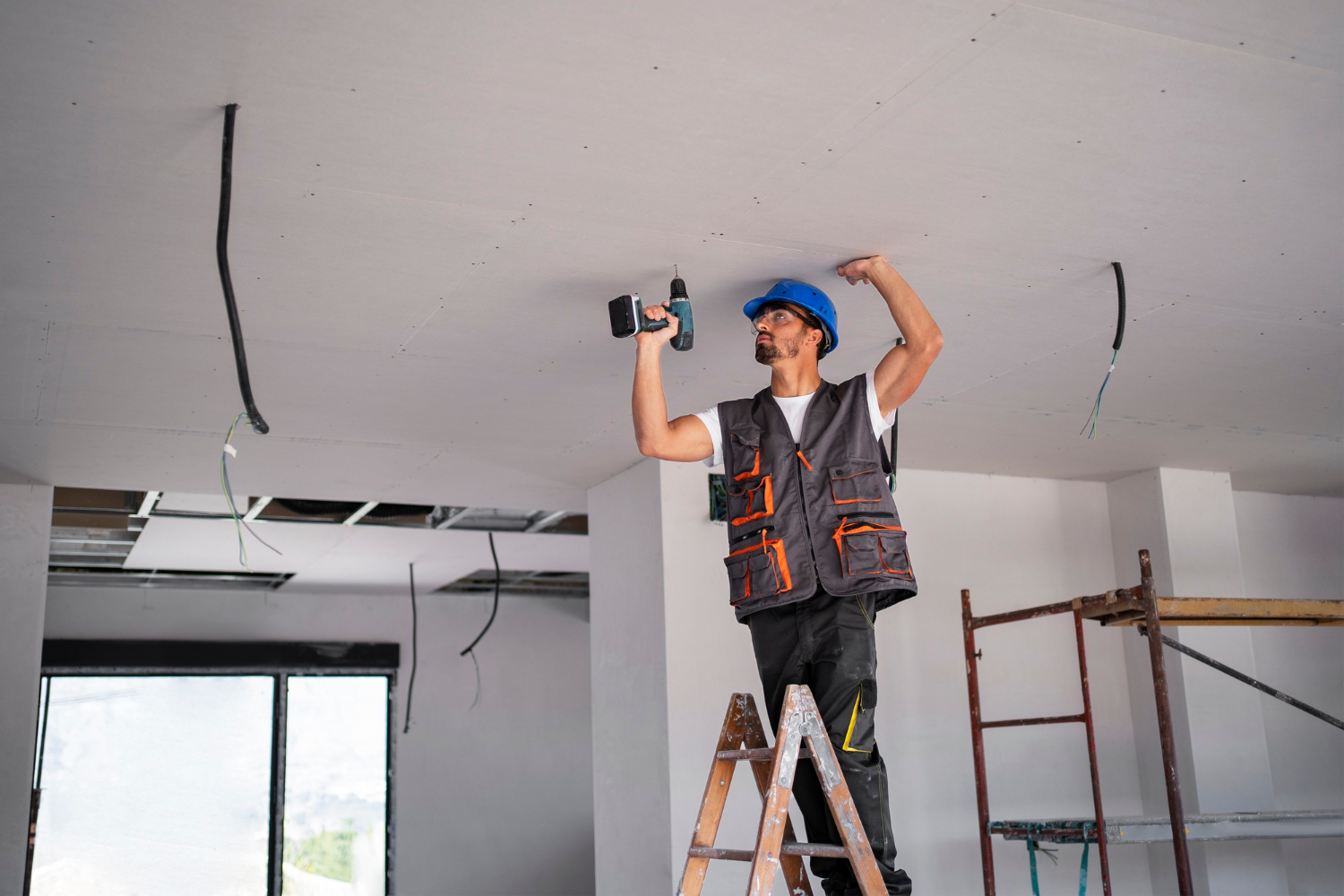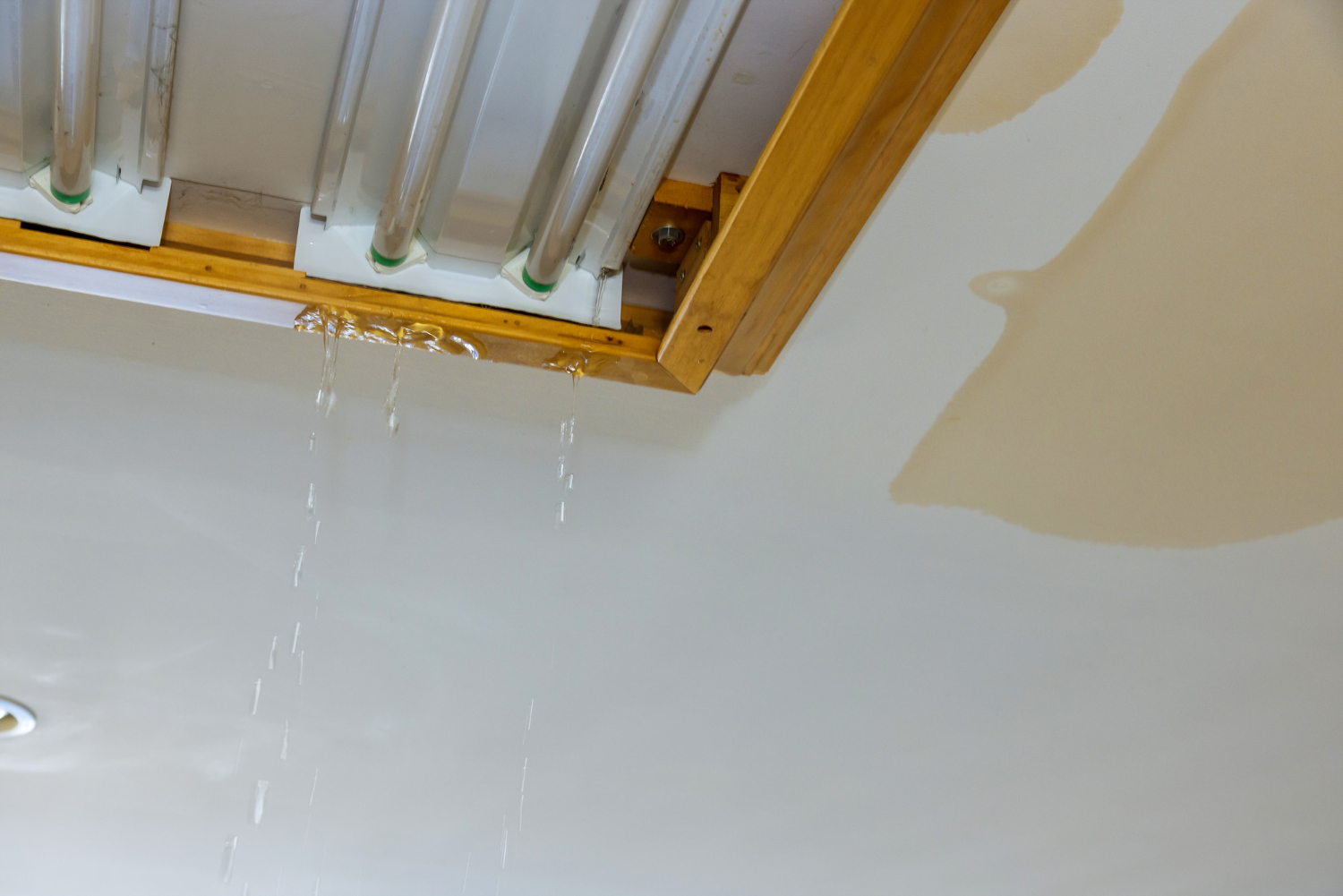Water damage can be a homeowner’s worst nightmare. It often strikes unexpectedly, leaving you with costly repairs and a huge mess to clean up. Luckily, there are some simple steps you can take to prevent water damage before it happens. By staying proactive, you can protect your home from water-related issues and avoid spending a ton of money on repairs.
Checking your plumbing regularly, ensuring proper drainage around your home, and installing water detection devices are all effective ways to guard against water damage. You don’t need to be an expert to implement these solutions; just a few simple changes can make a big difference.
Taking action now can save you a lot of trouble later. From keeping your gutters clean to waterproofing your basement, we’ll go through some easy yet crucial tips to keep your home dry and safe. Prevention is key when it comes to avoiding water damage, and it’s easier than you might think.
Regularly Inspect and Maintain Plumbing
Check for Leaks and Drips
One of the simplest ways to prevent water damage is by regularly checking your plumbing for leaks and drips. Inspect under sinks, around toilets, and near any exposed pipes. Look for telltale signs such as water stains, damp spots, or puddles. Even a small leak can lead to significant water damage over time. Fixing small issues promptly can save you from bigger problems later.
Insulate Pipes to Prevent Freezing
In colder climates, pipes can freeze and burst, causing major water damage. Insulating your pipes is a straightforward way to prevent this. Foam pipe insulation is affordable and easy to install. Simply wrap it around pipes in unheated areas like basements, crawl spaces, and attics. This added layer of protection keeps your pipes warm during the winter, reducing the risk of them freezing and bursting.
Replace Old or Damaged Pipes
Old or damaged pipes are more likely to fail and cause water damage. If your home has outdated plumbing, consider having a professional inspect it. Replacing old pipes, especially those made of materials prone to corrosion, can prevent leaks. This might seem like a big investment, but it can save you a lot of money on water damage repairs down the road.
Ensure Proper Drainage Around Your Home
Clean and Maintain Gutters
Gutters play a critical role in directing water away from your home. Make sure to clean them regularly to prevent clogs from leaves and debris. Clogged gutters can cause water to overflow and pool around your foundation, leading to potential water damage. Use a ladder to inspect and clean your gutters at least twice a year, or consider installing gutter guards to keep debris out.
Slope the Ground Away from Your Foundation
The ground around your home should slope away from the foundation to direct water away. If the land is flat or slopes toward your home, water can pool near the foundation, increasing the risk of water damage. You can fix this by adding soil to create a gentle slope. This simple landscaping trick ensures that rainwater flows away from your home, protecting the foundation and basement from water damage.
Install French Drains if Needed
French drains are an excellent solution for homes with drainage problems. These drains consist of a trench filled with gravel and a perforated pipe that redirects water away from your home. If you notice water pooling in your yard or near the foundation, installing a French drain can be highly effective. This system manages excess water and prevents it from damaging your home’s structure.
Install and Maintain Water Detection Devices
Use Water Alarms in Key Areas
Water alarms are a simple yet effective way to detect leaks early. Place these devices in areas prone to water damage, such as under sinks, near water heaters, and behind appliances like washing machines and dishwashers. Water alarms sound an alert when they detect moisture, giving you a heads-up to address leaks before they become major problems. This quick alert system can save you from extensive water damage by allowing for immediate action.
Consider Smart Leak Detectors
Smart leak detectors take water alarms to the next level. These devices connect to your home’s Wi-Fi and send alerts to your smartphone if a leak is detected. Some models can even shut off the water supply automatically to prevent extensive damage. Consider installing smart leak detectors in high-risk areas of your home. These devices provide peace of mind, especially when you are away from home, by keeping you informed about any potential leaks in real-time.
Regularly Test and Maintain Devices
Just like smoke detectors, water detection devices need regular testing and maintenance. Check the batteries and test the devices at least once a month to ensure they are working correctly. Replace any faulty alarms immediately. Maintaining your water detection devices is essential to making sure they do their job when you need them the most.
Take Proactive Steps in High-Risk Areas
Waterproof Your Basement
Basements are often vulnerable to water damage. Waterproofing your basement can prevent leaks and floods. Apply waterproof sealant to walls and floors, and ensure that your basement windows are properly sealed. Installing a sump pump can also help keep water out. These steps help create a barrier against water, protecting your basement and everything in it from potential damage.
Use Water-Resistant Materials in Bathrooms and Kitchens
Bathrooms and kitchens see a lot of water use, making them high-risk areas for water damage. Using water-resistant materials can help prevent problems. Opt for water-resistant flooring like tile or vinyl, and use moisture-resistant drywall in these spaces. Additionally, make sure to seal around sinks, bathtubs, and showers to prevent water from seeping into walls and floors. These materials and practices can help keep these areas dry and safe from damage.
Install a Sump Pump with a Backup Power Source
A sump pump is essential for homes with basements or crawl spaces prone to flooding. It helps remove water that accumulates in a sump basin, preventing it from flooding your home. To ensure your sump pump works even during power outages, install one with a backup power source. This could be a battery backup or a generator. This extra measure ensures your sump pump remains operational, protecting your home from water damage no matter the circumstances.
Final Thoughts
Preventing water damage is not complicated, but it does require some proactive steps. By regularly inspecting your plumbing, ensuring proper drainage around your home, and using water detection devices, you can greatly reduce the risk of water damage. Additionally, taking steps like waterproofing high-risk areas and using water-resistant materials can help create a strong defense against water issues.
Water damage can lead to costly repairs and hassle. By taking action now, you can save yourself a lot of trouble down the road. Prevention is always better than cure, and these simple steps can help protect your home.
If you need help with water damage prevention or restoration, contact All Around Home Solutions today. We’re here to help keep your home safe from water damage.

